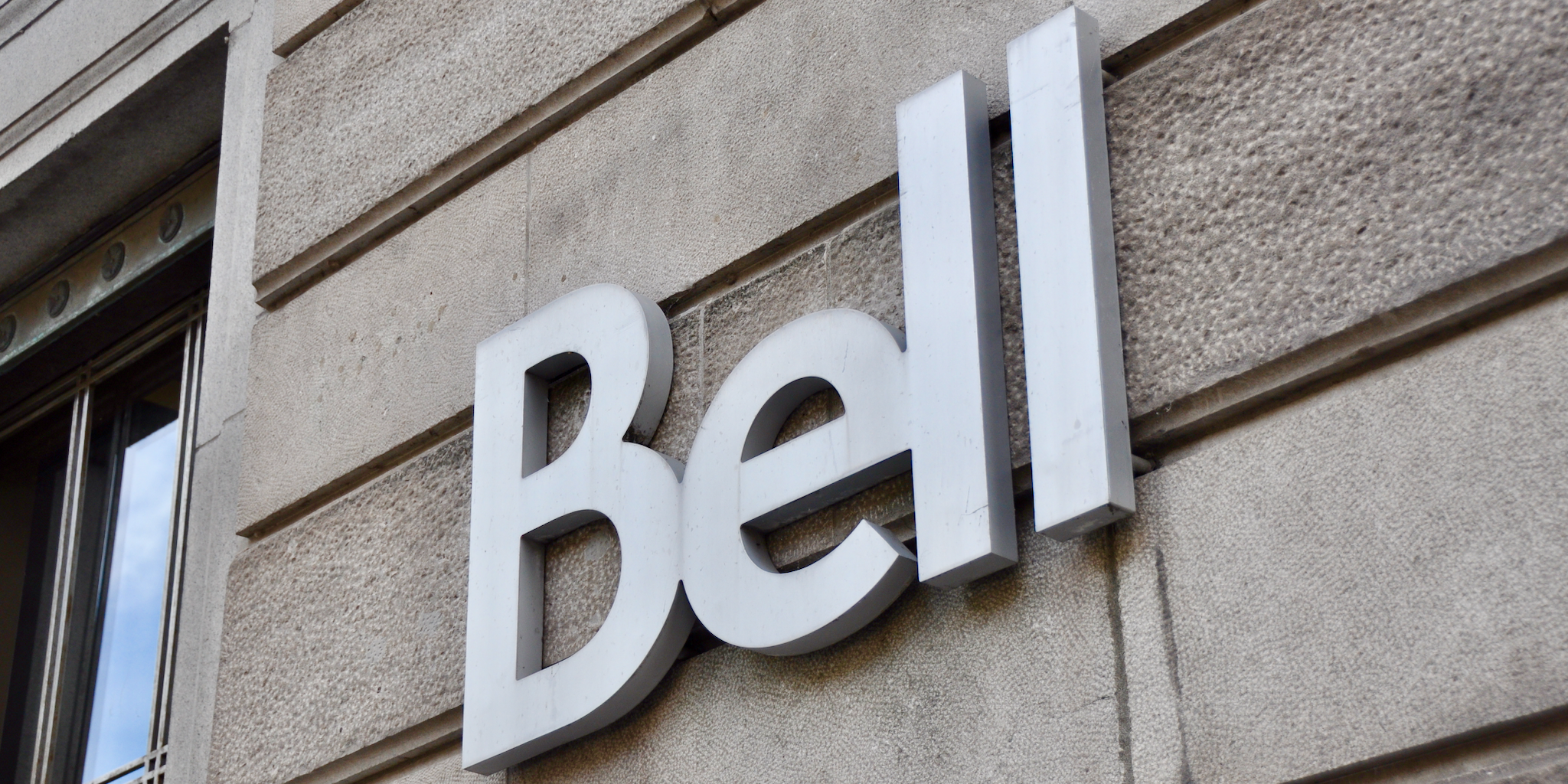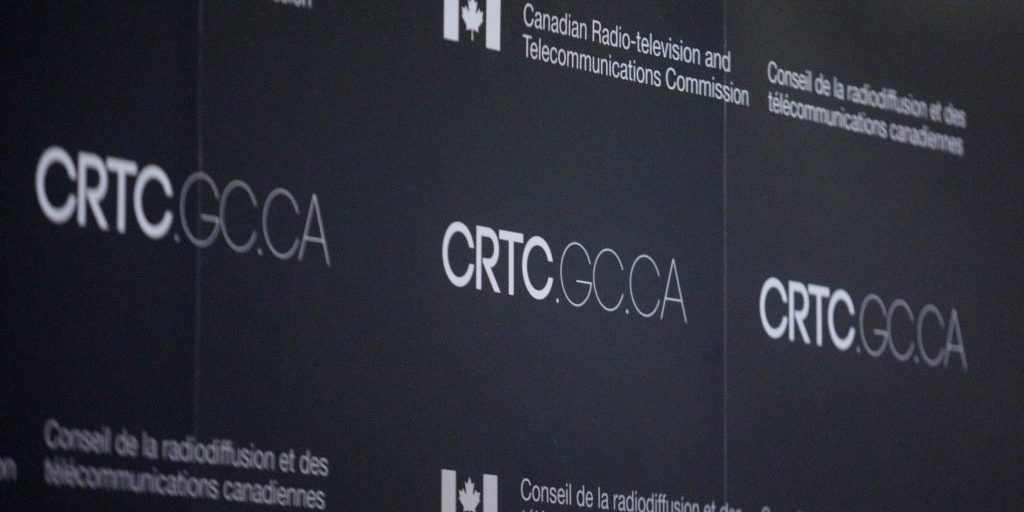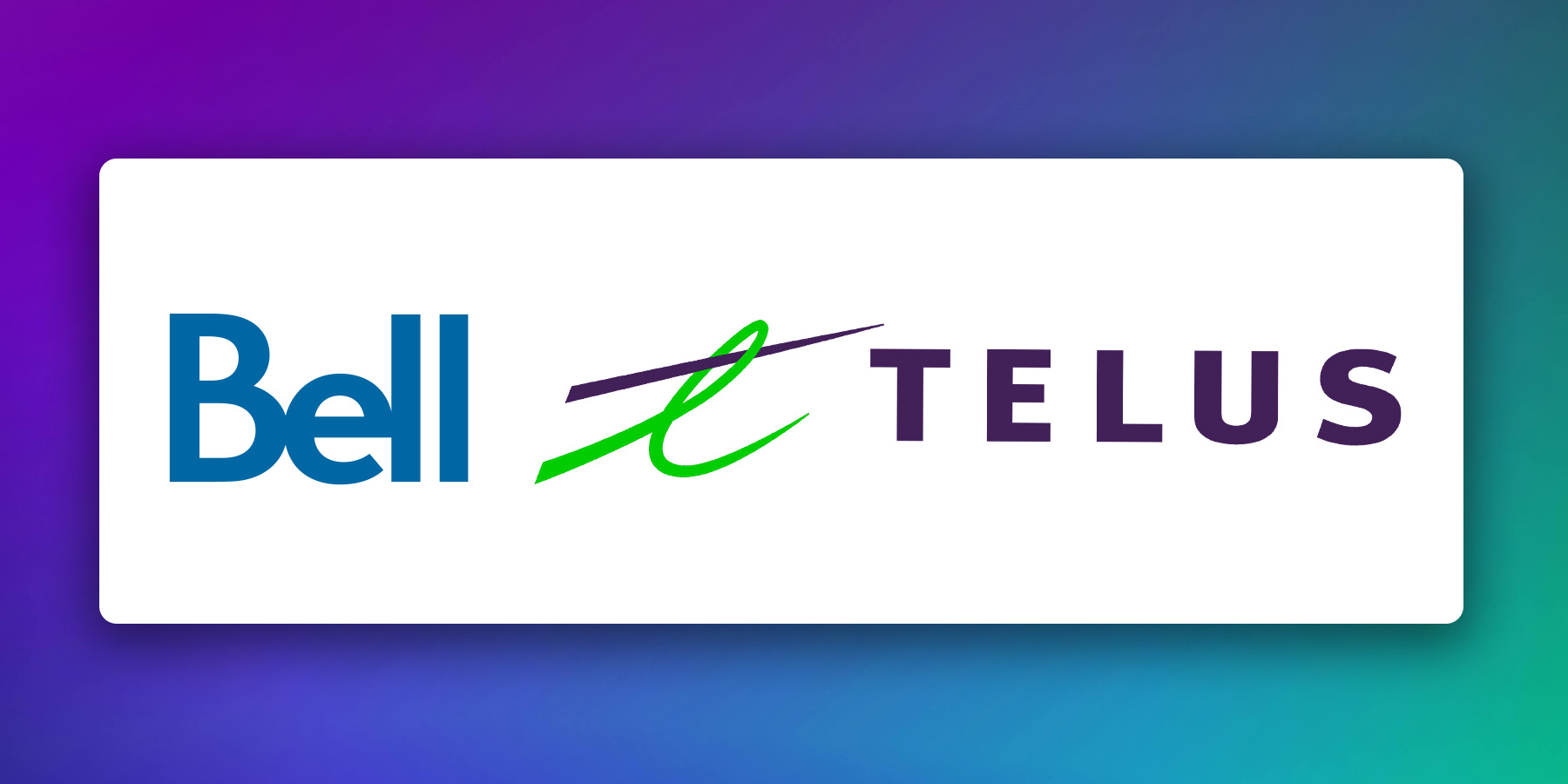

CRTC’s fibre wire access decision ‘nail after nail after nail in the coffin of competition’: CNOC
News | July 28, 2021
The CRTC’s decision against mandating access to fibre in-building wire (IBW) in multi-dwelling units (MDUs) — on the basis that wire inside apartment buildings can easily be duplicated and that there is sufficient competition in the market — is “very anti-consumer,” according to an advocacy group and smaller telecommunications companies.
Tuesday, the CRTC released a decision that companies using BCE’s Inc.’s fibre IBW must now reach a commercially negotiated agreement with the company after determining access to fibre IBW in MDUs is not an essential service and can be duplicated.
“We are disappointed that the CRTC has reversed another major telecommunications decision, once again in favour of big telecom profits and at the expense of increased consumer choice and competition,” Gary Kenning Co-Founder of CloudWifi Inc., said in a written statement to The Wire Report. “This ruling delivers a blow to the millions of Canadians who live in condos and apartments across the country, making it even more difficult to find high quality, reasonably priced alternatives to the big phone and cable companies.”
Tuesday’s decision follows a long 2018 dispute between CloudWifi and Bell in which the former requested the CRTC order Bell to give it access to its fibre connections. The CRTC, in June 2019, ruled it would extend those rights to the small ISPs, and initiated a consultation proceeding to determine if MDU access should be extended to all carrier ISPs, and potentially to all TSPs.
Companies now have 180 days to cease and desist their use of Bell’s fibre IBW in MDUs unless they reach an agreement, according to the decision.
The CRTC’s analysis that fibre IBW is duplicable and that there is enough competition in the market is “simply not true,” Geoff White, executive director of Competitive Network Operators of Canada (CNOC), told The Wire Report in a phone interview.
He said small competitors successfully negotiating with the incumbents is unlikely because the large companies have the power to set whatever rates they want in the absence of regulation without commercial incentive to provide competitive rates.
If small competitors want to wire buildings themselves it would be difficult to gain access from the owners and front the costs for labour, space charges, and materials, White added, arguing that it is in fact not a realistically duplicable asset.
What’s causing some of the most controversy over the CRTC’s decision was its analysis that the public good consideration does not apply to the essentiality test when determining if fibre IBW is an essential service.
“The public good policy consideration does not apply to access to fibre IBW because such access does not have a strong connection to social or consumer welfare, public safety, or public convenience. In addition, the commission does not consider that competition and consumer choice qualify as public good considerations,” it wrote in its decision.
“That’s an error of facts, which leaves this decision very vulnerable to challenge,” White said. “This decision has the effect of saying they don’t think residents in multi-dwelling units deserve a realistic choice, because there will be no realistic choice with this decision if it is left to stand.”
Telecommunications consultant Mark Goldberg told The Wire Report in a phone interview that many people took the CRTC’s written analysis on the public good consideration “out context” and interpreted it to be talking about competition and consumer choice.
“That’s not at all what they were saying. They were talking about the public good test under essentiality, which is a specific test,” he said, noting that public good is an economic term for a good with no capacity constraints to it.
“That’s not really the case for fibre, and you’ve got to also keep in mind that they preserved the essentiality of in-building copper wire and actually expanded access to the copper wire that’s in-building,” he added, referring to the commission’s decision to extended modified MDU access to all carrier ISPs who will now have access to copper IBW on the same basis as local exchange carriers (LECs).
Goldberg said he does not think the decision hinders competition and what the industry will start to see is property owners running their own fibre and getting into the in-building wiring business, which he said has been “a pretty good business” in the United States where there is also no mandated access. He added that it is “reasonable” that the CRTC did not set rates because there is a “huge variation” in the cost of running fibre based on the configuration of each building.
Andy Kaplan-Myrth, VP Regulatory & Carrier Affairs for TekSavvy Solutions Inc., said this decision is the latest in a “very clear pattern of issuing bad decisions for competitors and consumers” by the CRTC and that it openly defies cabinet’s mandate to the CRTC to promote competition and consumer interests.
He said Wednesday that the decision “underscores the urgency of TekSavvy’s recent petition to cabinet seeking Ian Scott’s removal as CRTC Chair for his apparent bias against consumers and competition.”
Kaplan-Myrth was referring to the company’s decision to file a formal petition to cabinet asking the Liberal government to overturn the CRTC’s decision to reverse wholesale high-speed internet access rates and remove Scott as chair.
White also said that it is time for the government to revisit Canadian telecommunications policy as the CRTC’s recent decisions are “out of line with the Telecom Act” and Scott’s 2019 bar meeting with Bell CEO (then chief operating officer) Mirko Bibic raises the issue of regulatory capture as a number of its senior staff come from big telecom.
“This just made things a lot more difficult for the smaller competitors who are already struggling, after the years-long wholesale rates debacle,” White said. “And now we’re faced with this other decision. It’s just nail after nail after nail in the coffin of competition and so we’re escalating a number of issues now to political influence.”
Kenning said CloudWifi is still weighing all its options before it makes a decision on what to do regarding the latest ruling by the CRTC and in the meantime, the company is moving on with business as usual.
— Reporting by Jenna Cocullo at jcocullo@thewirereport.ca and editing by Hannah Daley at hdaley@thewirereport.ca


